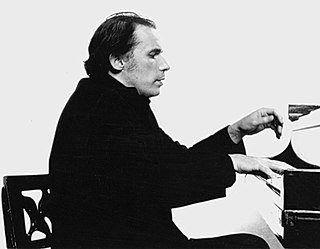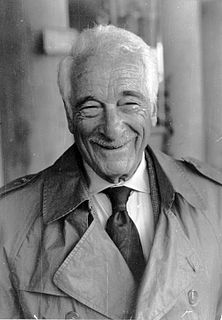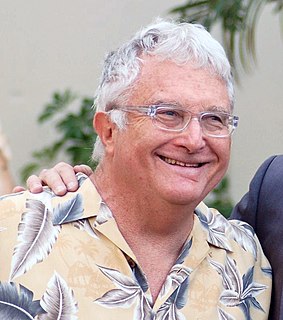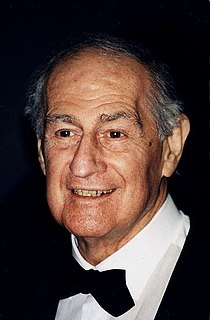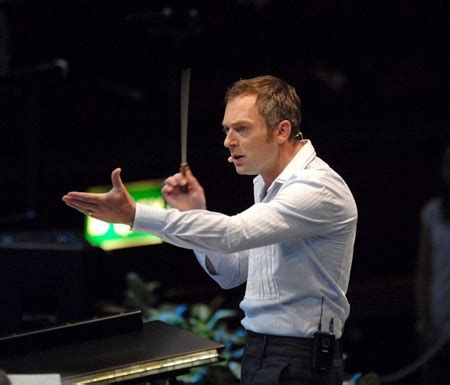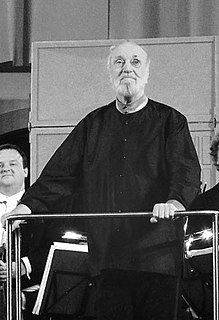A Quote by Glenn Gould
Beethoven's reputation is based entirely on gossip. The middle Beethoven represents a supreme example of a composer on an ego trip.
Related Quotes
Salieri was a pupil of Gluck. He was born in Italy in 1750 and died in Vienna in 1825. He left Italy when he was 16 and spent most of his life in Vienna. He's the key composer between classic music and romantic music. Beethoven was the beginning of romantic music, and he was the teacher of Beethoven and Schubert.
Mozart has the classic purity of light and the blue ocean; Beethoven the romantic grandeur which belongs to the storms of air and sea, and while the soul of Mozart seems to dwell on the ethereal peaks of Olympus, that of Beethoven climbs shuddering the storm-beaten sides of a Sinai. Blessed be they both! Each represents a moment of the ideal life, each does us good. Our love is due to both.
